Elon Musk, WHO chief spar on Twitter over UN agency’s role
2 min readTwitter CEO Elon Musk said on Thursday in a tweet that countries should not “cede authority” to the World Health Organisation (WHO), and the UN health agency’s chief quickly rejected his comments amid negotiations over a new pandemic treaty.
The exchange came as negotiations proceed towards a global accord aimed at helping prevent and swiftly respond to future pandemics, with a final text expected to go to a vote among WHO member states in May 2024.
The deal could address the need for swift information exchange between countries when faced with a global health emergency like the Covid-19 pandemic, and could aim to prevent the rampant inequity seen in the access to vaccines during that crisis.
The agreement should also call for countries to boost national, regional and global preparedness and detection systems to spot pandemic risks.
“Countries should not cede authority to WHO,” Musk, whose Twitter account has more than 132 million followers, wrote in response to a video of right-wing Australian senator Malcolm Roberts criticising the organisation.
“Countries aren’t ceding sovereignty to @WHO,” Director General Tedros Adhanom Ghebreyesus tweeted in response.
“The #PandemicAccord won’t change that. The accord will help countries better guard against pandemics,” he added.
In separate comments at the WHO’s weekly news conference later on Thursday, Tedros said the claim that the pandemic treaty would see countries relinquish power to the WHO was “quite simply false” and “fake news”.
“If any politician or businessperson, or anyone at all is confused about what the pandemic accord is and isn’t, we would be more than happy to discuss it and explain it,” Tedros said, in an apparent reference to Musk’s comments.
Since Covid-19 first emerged more than three years ago, the WHO has complained of an “infodemic” of misinformation and disinformation around the pandemic.
At times the UN agency has been the direct target of such attacks, with some commentators accusing it of seeking to wrest health policy away from governments, especially since international negotiations between member states began over a new pandemic treaty to avoid and deal with future outbreaks.
The WHO is made of 194 member states which take major decisions on its health policies and budgets through an annual assembly attended by governments.
For the latest news, follow us on Twitter @Aaj_Urdu. We are also on Facebook, Instagram and YouTube.






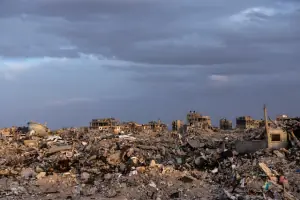






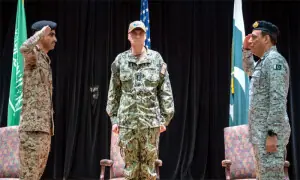


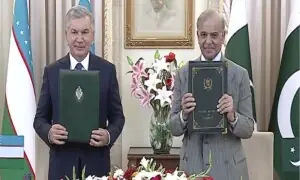
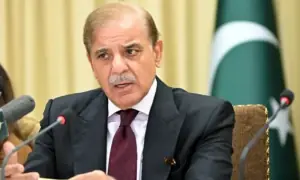


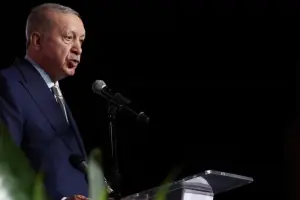






Comments are closed on this story.